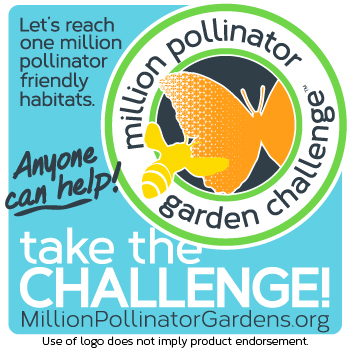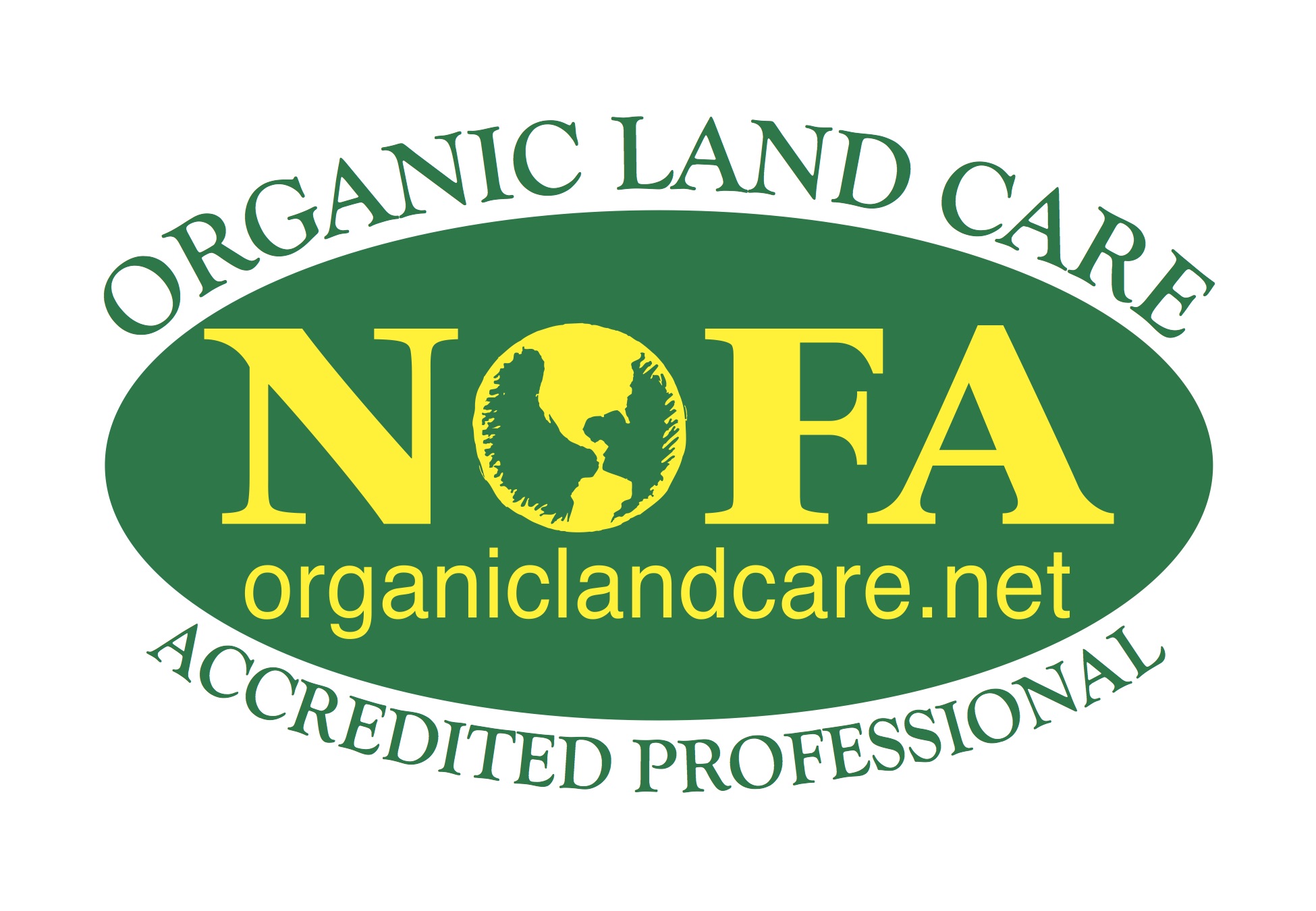History of Butternut Gardens LLC
In 2011, with Evelyn Lee’s kids in college and beyond, Evelyn set her sights on the unlikely endeavor of creating a flower farm in the middle of the suburbs. Call her crazy, but her belief, then and now, is that people truly appreciate fresh flowers, and that people, our environment and our economy all benefit from locally grown blooms.
At the time, the backyard of Evelyn’s home was typically-suburban: extensive lawn, which often doubled as a soccer field, surrounded by show-stopping perennial gardens. Evelyn took out the shovel and started digging. By fall, rows of perennials lined both the back and front of her home and several thousand tulips were tucked into the soil for the winter. What a great start for the little flower farm!
The next spring brought seemingly just reward for autumn’s hard work, as daffodils, tulips, and early-blooming perennials burst into color and marched to market. Quite fortuitously, an additional acre over at 1120 Hulls Highway, Southport, a mere two houses away, became part of Butternut Gardens, providing more space for summer’s magnificent annuals, including a bounty of eye-popping zinnias and hundreds of lilies, sunflowers, and more, which created a summer-long succession of bloom. Several hundred dahlias and chrysanthemums also moved in, an apt return to land which, Evelyn was told, once laid claim to rows of dahlias.
From the start, customers opened their arms to the Slow Flower movement by participating in a Community Supported Agriculture -CSA flower share program- and taking home fresh bouquets from local farmers markets. It wasn't long, either, before Butternut Gardens flowers gracefully danced into their first bridal bouquets and weddings.
From the start, as well, Evelyn followed the same philosophy that she followed for nearly a lifetime as a gardener and a naturalist - tread lightly and with as minimal impact as possible. Respect, protect, and work with what is already in place - soil, plants and animals alike. Spending her childhood on thirty acres of land with everything from dry oak woodland to field and "native lawn," to lowland, maple swamp, river and waterfall, as well as her family's gardens, she came to watch and enjoy a myriad of interesting and beautiful critters, plants and systems. Growing up with a well for water, and living near a river, she came to respect the essential value and power of our water resources. Having the luxury to watch clouds passing overhead, squirrels climbing trees, and garden and native plants growing alongside me, she came to feel part of the system rather than a force meant to be in charge of it all.
So, as Evelyn initially cultivated nearly 55,000 stems of flowers, greens, and fruits a year, which then became nearly 100,000 stems a year, she took note of specific microclimates on her 2 1/2 acres and placed specific plants where they would grow best. Pussy willow and winterberry enjoy more moist locations. Yarrow, Echinacea and Rudbeckia (Black eyed Susan) have sun and more lean soil that would be more similar to their native preferences. Small groups of plants were mixed into a single row and a single species was often planted in several locations to more closely mimic nature. In addition, Butternut Gardens flowers received no synthetic fertilizers, pesticides, or herbicides. Organic pesticides were also eschewed in favor of "hands off" chemical pest management since some organic products are non-selective and she would rather tolerate crop loss than kill off so-called good bugs, along with the ones harming the plants.
Soon, Butternut Gardens was a Bee Friendly Farm, and Evelyn was proud to be participating in the Million Garden Pollinator Challenge. While she did not raise honey bees on site, she gladly watched as many honey bees visited from neighborhood apiaries. She took care to leave stems of many perennial plants standing over winter so our native pollinators could find refuge in their stems and birds could find sustenance in dried seeds. Ground nesting sites and water were also made available for native bees and others, and milkweed was left standing amid the flower rows for the benefit of our earth's incredible Monarch butterflies. It is the Monarch population from our region and others in our general climate range- likely the 5th generation of each year - which changes from egg to caterpillar and then butterfly and flies nearly 2100 miles to Mexico for the winter and then embarks on the following spring's initial leg back north.
Being able to turn her life-long passion for gardening into “the little flower farm that could" proved most rewarding for Evelyn. She was proud to bring agriculture back to Southport and to share the unsurpassed beauty and fragrance of local flowers with her community. She was also proud to be a part of the rapidly growing Slow Flowers movement and to be an Accredited Organic Land Care Professional, who wanted as much as anything else to guide others to care for their suburban landscapes in a way that leaves a positive legacy.
Evelyn, always a gardener, has her Masters degree from the Yale School of Forestry and Environmental Studies, earned a Certificate of Gardening from The New York Botanical Garden, was trained as a Master Gardener in Connecticut, studied floral design in several locations including FlowerSchool New York in Manhattan, and previously worked at a local florist and at Oliver Nurseries in Fairfield, Connecticut. More recently, she became a NOFA Accredited Organic Land Care Professional. In so doing she both solidified her horticultural and ecological goals as one and came to believe her future would require her to share both her flowers and her gardening and conservation wisdom. For this reason, workshops, speaking engagements, and increased educational writing formed a vital part of Evelyn’s Butternut Gardens offerings. In this area of the country - Metropolitan New York - so much of our power to impact our environment, either for better or worse, rests in the hands of our suburban landowners. As the steward of a suburban farm, Evelyn felt uniquely positioned to educate and encourage others to make a positive impact. Earth-friendly management must be a priority. Period.
Behind every good farmer is an ever better spouse. Evelyn’s husband was a source of constant support, who time and time again intuitively offered just the right helping hand when she needed it most. The kids? They were always right behind both Evelyn and her spouse!
Evelyn enjoyed nearly a decade of exciting gardening and design days. She especially enjoyed sharing a farm full of flowers with a very supportive community. Growing together, with so many wonderful flower friends, was a dream come true. In 2021, another dream came true when Evelyn retired from flower farming to pursue a career in writing, and was fortunate enough to pass along Butternut Gardens LLC to an equally-enthusiastic flower farmer who would carry the new Butternut Farm LLC into its next stage.
Thank you.
Evelyn



